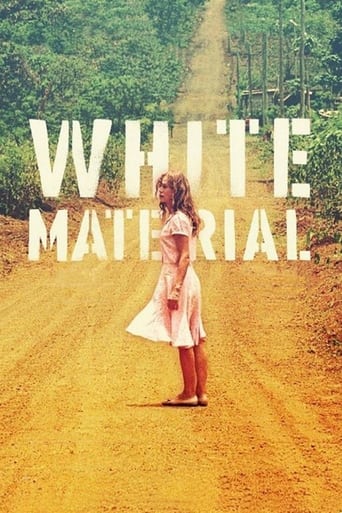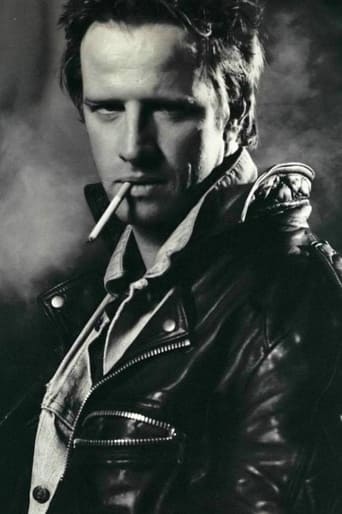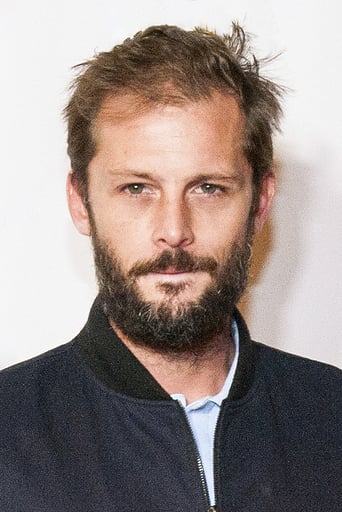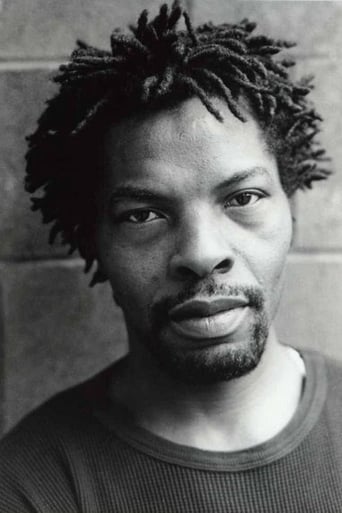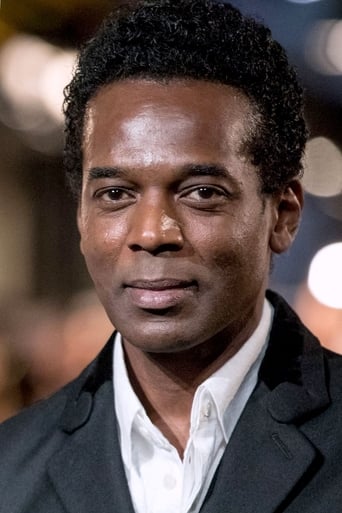Protraph
Lack of good storyline.
Grimossfer
Clever and entertaining enough to recommend even to members of the 1%
InformationRap
This is one of the few movies I've ever seen where the whole audience broke into spontaneous, loud applause a third of the way in.
Marva-nova
Amazing worth wacthing. So good. Biased but well made with many good points.
batuhancanliturk
In our daily lives, we use the word "identification" for variety of things that concern social and environmental factors. However, we really do not know what the identification means. Identification is a complicated progress that person never has a full control over this psychological situation. In Lacanian terms, identification can be considered as an instance of comprehension (Lacan J., Gallagher C., 2002). Any external factor can captivate the people to make it become their self-component. "White Material" is a must-see example for the identification issues with questioning colonization.Although of her French origin, Maria considers herself as an African person. She has left France and never desires to return. She herself disdains the white French people with saying "These dirty whites... They don't deserve this beautiful land.". It can be obviously seen that she does not perceive herself as a French, while the rebels and the army call her as one such "dirty white" who is responsible for the country's filthiness. Although all threats, Maria does not retreat her actions for the coffee plantation. When she decides to travel for finding new workers, she even does not want to take the rifle with her. She believes that no harm might occur because of her appeal, identifying herself as an African makes her think in that way. As events spread, it is more clear to everyone around Maria that the situation is turning into less secure and more dangerous. It is important to see that what home means and how it feels to belong in a situation where others mark you an outsider. Manuel also suffers from being white. After two African boys mess with him and cut off his hair, he shaves himself and joins the rebels. We can see that, there is an obvious identity confusion for Manuel who lives for many years in this land as a white people. His depression is a sign of vulnerability for his belongings. Joining rebels can be interpreted as his reaction to again himself and his family to unravel confusion about his identity.As we learn that the coffee plantation is established and owned by Maria's father. His wish is maintaining plantation by his family especially by his daughter, Maria. Plantation has been operated with African workers for years and it seems like a colonial symbol throughout the history. Since the first European colonies on African continent, plantations have been a major slavery places for the African black people. They are purchase by the plantation owners and they can be traded or sold as goods (Austin G., 2017). Although plantations are not operated in that way now, they offer still bad facilities for the African people. They are pushed to work in unacceptable conditions in different types of plantations. Because of that, Maria thinks her father as a root for dirtiness of white people and consequently colonization. In this manner, killing her own father reveals her anger and sorrow about the African people who are the slaves of the plantation. Hence, she wants to end this colonization by destroying the foundation of it. Like mentioned earlier, her father can be seen as a foundation. Feeling and identifying herself as an African sets up the idea of releasing her inner-self and showing where she belongs.
SnoopyStyle
In French colonial Africa, Maria Vial (Isabelle Huppert) is struggling to finish the coffee bean harvest. The rebels are approaching. French forces are leaving. Local have turned to banditry and her workers have mostly abandoned her. The African mayor bullies André Vial (Christopher Lambert) to get his father to sell the plantation. Maria has their white son Manuel and André has his half-African son Jose. Maria stubbornly refuses to leave the harvest even after Manuel is stripped naked by a couple of boys. Manuel starts to deteriorate mentally. Maria discovers wounded rebel fighter Le Boxeur in her barn.Isabelle Huppert embodies a fierce interior and stubbornness. The family's varying reaction to their situation can be mind-boggling. There is real tension but also frustration with Maria. These are maddening characters in a maddening world.
Aristides-2
*Incoherence explainedAn un-paralled experience in double-confusion if one makes sure to hear director Denis' \"explanation\" of what the film is about, in the supplemental interview she gives. In relating her experience during pre-production references and then in explanations of why such-and-such happened during the filming itself one is led to understand why the film should be titled, \"White Material, or Incoherence Explained Incoherently.\" I suppose that the actual chaos of filming, with all the bureaucratic snafus and unusual technical shortcomings made the experience unusually \"thrilling\". This unplanned thrill was so pervasive, after the fact, that the temporary psychosis it produced made Ms. Denis and probably all deeply connected with the movie think that they had made a great film. *Anyone be willing to hazard a guess why Maria hacked her father-in-law to death?
MartinHafer
I read through a couple reviews before I watched "White Material" and noticed that they pointed out that the film never says where the action is taking place--other than it's in a French-speaking part of Africa where they grow coffee. I thought it could be the Ivory Coast, Burundi or Cameroon--and when I checked IMDb, I saw it was filmed in Cameroon--though whether this is where the film is supposed to be set is uncertain. My bet is that it's just supposed to be a metaphor for ALL of colonial Africa and the drive over the last 60 years to take back the continent for Africans--so the language could have been English and the plantation could have been growing any one of a number of crops. In hindsight, I think the movie probably should have identified the country, as without a clear context, the film is a bit vague and difficult for many viewers.As far as the film goes, it's like a snippet of film with little context. Who is fighting who, what has occurred that set the stage for the movie and who the people are in the film really isn't important for the filmmakers. This makes it difficult to connect with the people. Should you admire or hate the leading lady (Isabel Huppert)? Is her obsession with saving her plantation and bringing in the next coffee crop justified or not? What's going on with her family--the ex-husband, the son, the father, etc.? The film really doesn't have a lot to say about any of this. And, like not knowing where the film takes place, is something that many viewers may feel frustrated about as connecting with the people is very difficult.None of this is to say that this is a bad film--but it does prevent it from being an exceptional film. It's interesting but could have said a lot more. It is a very, very quiet and slow film--which is interesting considering the country is racked with violence and chaos. Because of this, I really felt the film was limiting its appeal--which is a shame, as colonialism and its aftermath are really important topics for movies but are seldom discussed. Plus, while repulsive, the violence and seeing child soldiers is, unfortunately, not that uncommon on the continent and worth discussing.By the way, although it's not gratuitous or salacious, the film has a bit of full-frontal male nudity. Also, not surprisingly, late in the film there is some pretty horrific violence. Just be forewarned.
